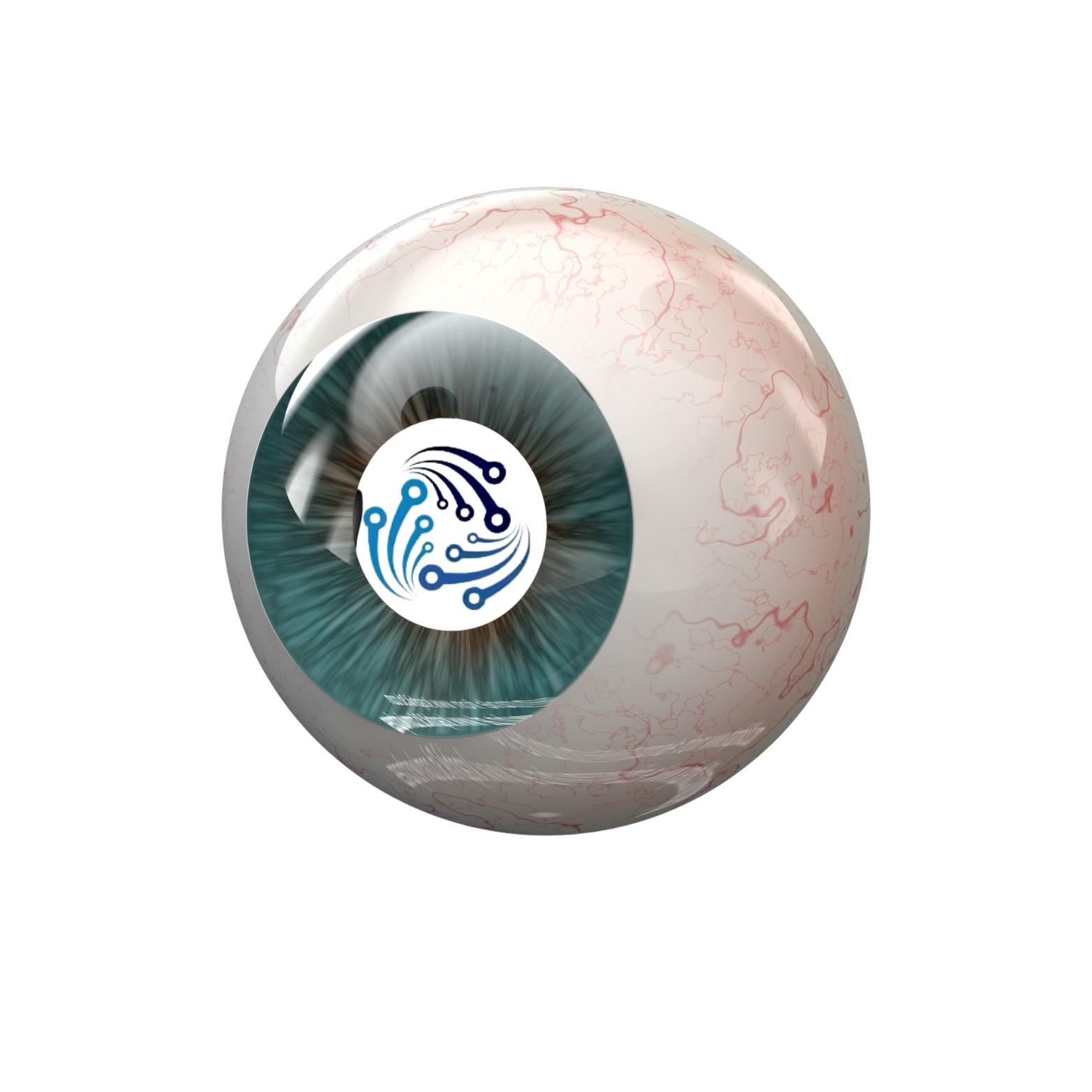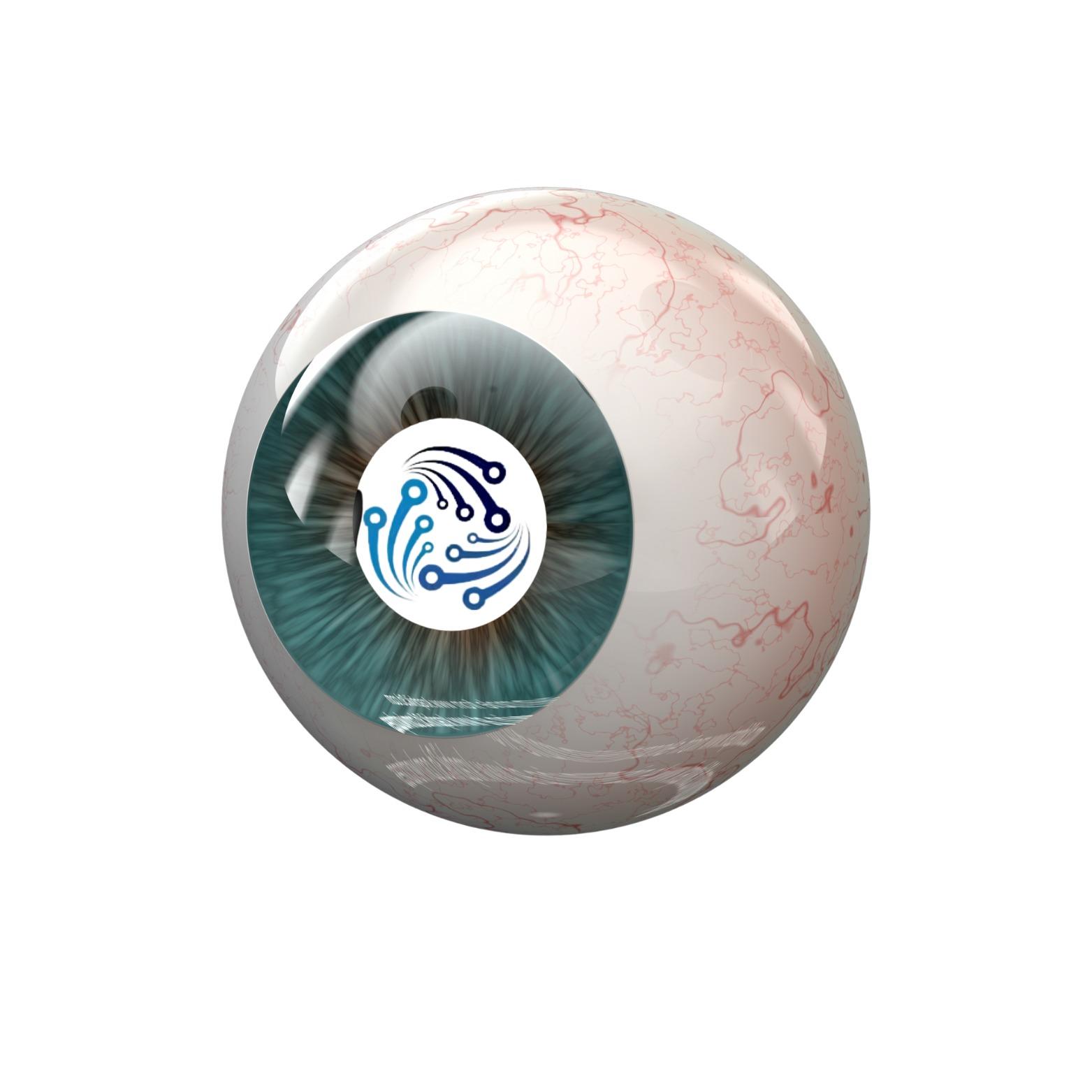In Aspen, traditional bedbug treatments often fail due to the high turnover in luxury properties, which increases the risk of infestations and the spread of bedbug strains resistant to common pesticides. These bedbugs have developed genetic resistance, cross-resistance, and behavioral adaptations, making older methods ineffective. Chemical pesticides no longer eliminate bedbugs at all life stages, leading to persistent infestations. As a result, innovative treatments like heat treatments, canine detection, and Integrated Pest Management (IPM) are essential. These modern solutions align with Aspen's eco-conscious values and are necessary for long-term bedbug services in Aspen, which you'll discover more about as you explore further.
Why Traditional Bedbugs Treatments Don't Work in Aspen: Understanding Resistance and the Need for Modern Solutions
In Aspen, traditional bedbug treatments, especially those relying on chemical pesticides, are becoming increasingly ineffective due to the growing resistance in bedbug populations. The high turnover of guests in luxury properties accelerates this issue, making it clear that older methods no longer suffice. To address this, you need to evaluate modern solutions like heat treatments, canine detection, and Integrated Pest Management (IPM) that not only eliminate bedbugs at all life stages but also align with Aspen's eco-conscious values.
Overview of Bedbug Issues in Aspen
In Aspen, the high turnover of guests in luxury properties considerably increases the risk of bedbug infestations. This frequent movement of people and luggage creates numerous opportunities for bedbugs to be introduced and spread. Additionally, the repeated use of traditional chemical pesticides has led to the development of resistance in bedbug populations, rendering these methods increasingly ineffective.
Why Aspen's high turnover and luxury properties increase the risk of bedbug infestations
How do Aspen's high turnover and luxury properties contribute to the escalating risk of bedbug infestations? High guest turnover in Aspen's luxury properties increases the likelihood of bed bugs being introduced through travelers' luggage and personal items. This frequent movement, combined with the development of bedbug resistance, makes traditional treatments less effective, highlighting the need for integrated pest management in Aspen to guarantee sustainable and long-term solutions.
Why Traditional Bedbug Treatments Don't Work
In Aspen, traditional bedbug treatments relying on chemical pesticides are increasingly ineffective due to the growing resistance in bedbug populations. As these pests evolve, the chemicals that once worked no longer provide the desired results, leaving you with persistent infestations. This resistance, coupled with the high guest turnover in Aspen's luxury properties, underscores the need for more innovative and sustainable solutions.
The limitations of pesticide-based treatments and their ineffectiveness against resistant bedbug strains
Traditional pesticide-based treatments for bed bugs in Aspen are increasingly ineffective due to the growing resistance of bed bug populations. This resistance renders chemical pesticides less efficient, making it harder to eliminate bed bugs. As a result, eco-friendly bedbug treatment options in Aspen, such as heat treatments and Integrated Pest Management (IPM), are becoming essential for sustainable, long-term pest control.
Understanding Bedbug Resistance
In Aspen, traditional bedbug treatments are becoming less effective due to the emergence of genetic, cross, and behavioral resistance in bedbug populations. This resistance is partly driven by the use of pesticides like fipronil, which, although not intended for bedbug control, can still expose bedbugs to selective pressure through residue on pets that sleep in beds[5]. As a result, you need to contemplate modern solutions that can effectively target bedbugs at all life stages.
Genetic, cross, and behavioral resistance challenges in controlling bedbug populations
Bedbug populations in Aspen have developed a formidable array of defenses against traditional treatments, making these methods increasingly ineffective. Genetic resistance, such as the recently discovered gene mutation, enables bed bugs to withstand common pesticides like fipronil. Cross-resistance and behavioral adaptations further complicate bedbug control in Aspen, highlighting the need for modern pest control solutions like heat treatments and Integrated Pest Management (IPM) for effective bedbug control.
The Need for Modern Solutions in Aspen
In Aspen, where traditional chemical treatments are increasingly ineffective due to bedbug resistance, you need modern solutions to tackle the problem. Heat treatments, which raise the ambient temperature to a lethal range of 120°-140° F, are highly effective in killing all life cycles of bed bugs[2][3]. Additionally, canine detection and Integrated Pest Management (IPM) offer sustainable and long-term pest control strategies that align with Aspen's eco-conscious values.
Heat treatments, canine detection, and IPM as effective, sustainable bedbug control methods
Given the rising ineffectiveness of traditional chemical pesticides against bedbugs in Aspen, modern methods such as heat treatments, canine detection, and Integrated Pest Management (IPM) have become essential. Heat treatments for bedbugs involve raising temperatures to 122°F to kill all life stages, including eggs. Canine detection helps identify infestations early, while IPM combines multiple strategies for sustainable, long-term control. These methods align with Aspen's eco-conscious values and guarantee effective bedbug elimination.


